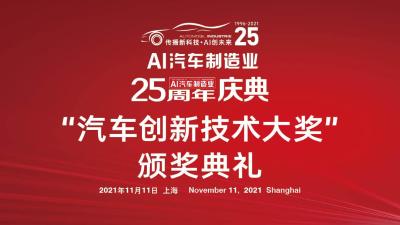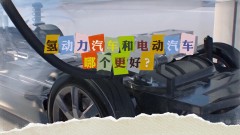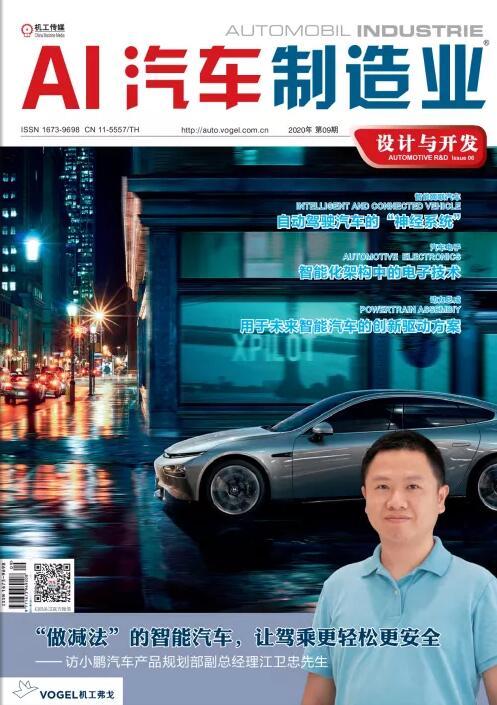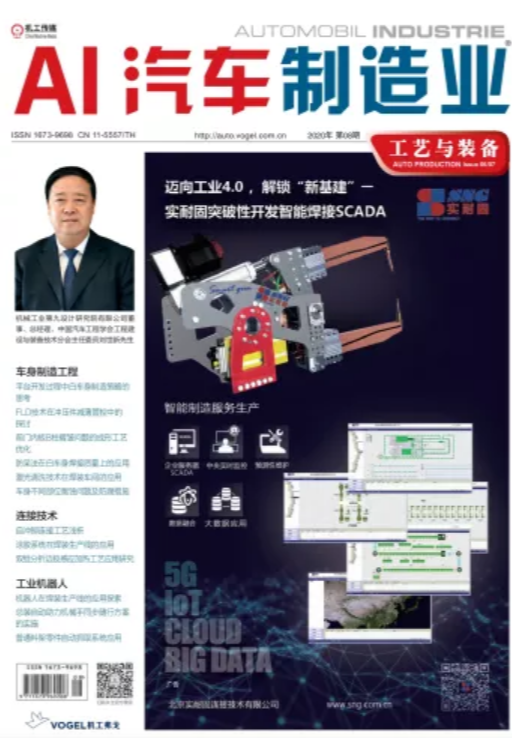2016 International Conference on Sustainable Manufacturing
Since the financial crisis, the industrial powers in the world have developed national strategies and plans for stimulating the growth of the real economy; Germany unveiled “Industry 4.0” in its national strategy, US formulated “Reindustrialization”, Manufacturing Renaissance, Advanced Manufacturing Partnership; Japan initiated “Revitalization Strategy”; South Korea launched “New Power Strategy”; France also put forward “New Industrial France”. With the introduction of a series of measures including Made in China 2025, “Internet Plus”, China‘s manufacturing industry has met with new development opportunities and challenges; the requirements for higher product machining quality, lower single-part machining cost, higher machining efficiency and more intelligent production mode have forced manufacturers to quicken transformation and upgrading so as to better obtain the competitive advantages. Meanwhile, Chinese Government weakened, for the first time, the “five-year” time limit specified in previous plans and extended the planning period to 2025 while placing more emphasis on medium and long-term planning and maintaining the policy continuity, which certainly drives, at the execution level, manufacturing technology innovations and upgrading to a fast track.
Currently, the in-depth integration between new generation of information technology and the manufacturing industry is triggering a far-reaching industrial change to develop new production modes, industrial forms, business models and economic growth points. Various countries are intensifying scientific and technical innovations, and pushing ahead with new breakthroughs in such fields as 3D printing, mobile internet, cloud computing, big data, new energy and new materials, etc. The intelligent manufacturing based on cyber-physical system, including intelligent equipments and intelligent factory, etc, is leading the change of the manufacturing mode; network crowdsourcing, collaborative design, large-scale personalized customization, precision supply chain management, total lifecycle management and e-commerce are shaping the industrial value chain system; the intelligent terminal products such as wearable intelligent products and intelligent vehicles are expanding new manufacturing fields. China’s manufacturing industry is embracing great opportunities for transformation, upgrading and innovative development.
The 2016 (4th) International Advanced Manufacturing Technology Summit will be held on November 4, 2016. With the theme of "Focus on Intelligent Manufacturing, Follow Sustainable Development", this Summit is designed to introduce the international advanced equipment manufacturing technologies and production solutions, and emphatically analyze hot topics such intelligent and automatic production, and carry out an in-depth analysis of technical and process improvement issues, which the manufacturing enterprises engaged in automobile, aviation and aerospace confront during production, concerning machining equipments, measurement and chemicals, and seek the effective ways for improving the manufacturing quality and addressing upgrading needs.















获取更多评论